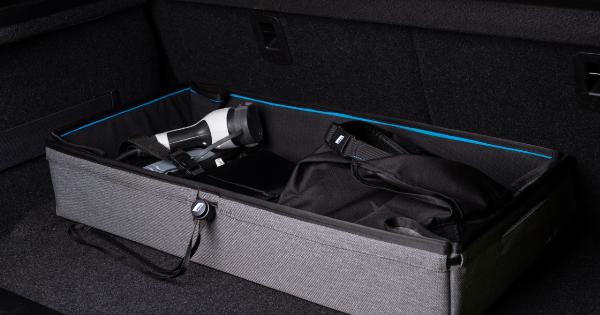Traveling can be an exciting adventure, but it’s important to be prepared for the unexpected. That’s where travel insurance comes in. Travel insurance is a type of coverage that provides protection for a variety of travel-related issues.
From medical emergencies to trip cancellation, there are different types of travel insurance coverage that you should consider when planning your next trip. In this article, we will explore the essential types of travel insurance coverage and why they are important.
1. Trip Cancellation/Interruption Insurance
One of the most common types of travel insurance coverage is trip cancellation or interruption insurance.
This coverage provides reimbursement for non-refundable expenses if your trip is cancelled or interrupted due to unexpected events such as illness, injury, or death of a family member. It can also cover expenses if your travel provider goes out of business or if there are natural disasters that prevent you from traveling.
2. Medical Expense Coverage
Medical expense coverage is crucial when traveling abroad. This coverage provides reimbursement for medical expenses incurred due to illness or injury during your trip.
It can cover things like hospital stays, doctor visits, medications, and emergency medical evacuation. Without this coverage, you could be left with hefty medical bills, especially if you require emergency medical treatment in a foreign country.
3. Baggage and Personal Belongings Coverage
Baggage and personal belongings coverage protects your belongings in case they are lost, stolen, or damaged during your trip.
This coverage can provide reimbursement for the value of your lost or damaged items, allowing you to replace them while on your trip. It’s important to note that some limitations may apply, such as per-item or per-bag limits, as well as exclusions for valuable items like jewelry or electronics.
4. Travel Delay Coverage
Travel delay coverage comes in handy when your trip is delayed due to reasons beyond your control, such as bad weather or mechanical issues with your transportation.
This coverage can reimburse you for additional expenses incurred during the delay, such as accommodations, meals, and transportation. It’s important to review the specific terms of your policy, as there may be limitations on the length of the delay or the amount of reimbursement provided.
5. Emergency Evacuation Coverage
Emergency evacuation coverage is especially important for adventurous travelers or those visiting remote areas.
This coverage can provide assistance and reimbursement for emergency medical evacuations, such as helicopter rescues or transportation to a medical facility in the event of a serious injury or illness. Without this coverage, you could be responsible for the high costs associated with emergency medical transportation.
6. Accidental Death and Dismemberment Coverage
Accidental death and dismemberment coverage is designed to provide financial protection for you and your loved ones in case of a severe injury or death during your trip.
This coverage typically pays a benefit amount in the event of accidental death or specific permanent injuries, such as the loss of a limb or eyesight. It can provide peace of mind knowing that your loved ones will be taken care of in the event of a tragic accident.
7. Rental Car Coverage
If you plan on renting a car during your trip, rental car coverage can be a valuable addition to your travel insurance policy. This coverage can provide reimbursement for costs associated with damage to or theft of a rental car.
It can save you from having to pay out-of-pocket for expensive repairs or replacement costs, and it often includes coverage for loss-of-use charges imposed by the rental car company while repairs are being made.
8. Adventure Sports Coverage
For those seeking adventure on their trips, adventure sports coverage is essential. This coverage extends your travel insurance to include activities such as skiing, scuba diving, bungee jumping, and other high-risk sports.
It provides coverage for injuries or accidents that may occur during these activities, which may be excluded from standard travel insurance policies. It’s important to check the specific sports or activities covered by your policy, as some extreme sports may require additional coverage.
9. Pre-Existing Medical Conditions Coverage
If you have pre-existing medical conditions, it’s important to ensure that your travel insurance policy covers them.
Pre-existing medical conditions coverage provides protection for medical expenses related to your pre-existing conditions while traveling. Without this coverage, your travel insurance may not cover any medical expenses or complications that arise from your pre-existing conditions.
10. 24/7 Assistance Services
Lastly, 24/7 assistance services are an essential component of any comprehensive travel insurance policy. These services provide round-the-clock assistance in case of emergencies or unexpected situations while traveling.
They can help with things like emergency medical referrals, translation services, locating medical facilities, or coordinating with your family and loved ones back home. Having access to these services can provide peace of mind and ensure that you receive the necessary help when you need it most.
























